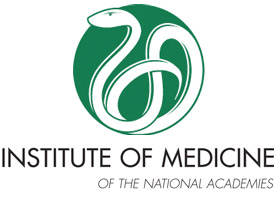Administration Delays Major 340B Program Regulation
The U.S. Department of Health and Human Services has decided against releasing a long-awaited regulation that was expected to bring sweeping changes to the federal government’s 340B Drug Pricing Program.
 The 340B program requires drug manufacturers to sell drugs at a discount to hospitals and other providers that serve especially large proportions of low-income patients. While providers believe the program enables them to serve more vulnerable patients at a reasonable cost, drug companies have argued that the federal government has expanded the program to include more providers and more drugs than the program originally envisioned.
The 340B program requires drug manufacturers to sell drugs at a discount to hospitals and other providers that serve especially large proportions of low-income patients. While providers believe the program enables them to serve more vulnerable patients at a reasonable cost, drug companies have argued that the federal government has expanded the program to include more providers and more drugs than the program originally envisioned.
A spokesman for the federal Health Resources and Services administration told Bloomberg BNA that the release has been delayed until next year and that the agency
…plans to issue a proposed guidance for notice and comment that will address key policy issues raised by various stakeholders committed to the integrity of the 340B program. HRSA is also planning to issue proposed regulations where the statute provides explicit rulemaking authority, pertaining to civil monetary penalties for manufacturers, calculation of the 340B ceiling price, and administrative dispute resolution.
Because they serve so many low-income patients and typically participate in the 340B program, Pennsylvania’s private safety-net hospitals have a great deal of interest in any attempt by the federal government to alter the scope or regulation of the program.
To learn more about the delay in the anticipated 340B regulation, see this Bloomberg BNA article.







